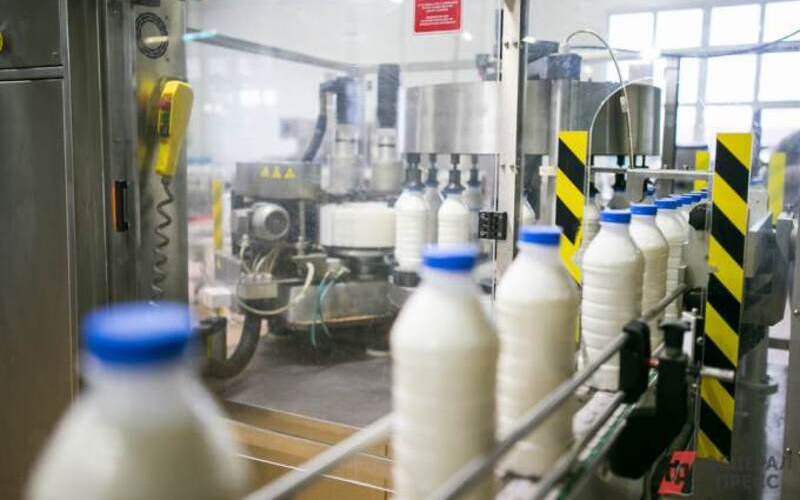SanCor Resists Through Agreements and Reactivates Strategic Plants
Sourse: es.edairynews.com
SanCor, amidst a financial crisis, seeks to maintain operations by expanding third-party production agreements, especially with Elcor, aiming to reactivate strategic plants.

SanCor, facing a severe financial and commercial crisis, is striving to maintain operations by expanding its production agreements with third parties, particularly with the Cordoba cooperative Elcor, which produces Tonadita butter.
These agreements now include producing cheeses, creams, and the classic Mendicrim, allowing for the reactivation of the Devoto plant, with plans to soon restart operations at La Carlota and Balnearia. The crisis includes a salary debt exceeding 7 billion pesos, unpaid union and social security contributions, and allegations of labor fraud, all while maintaining an active prevention contest.
According to the ATILRA union, 90% of the plants remain paralyzed, with demands for access to reactivation proposals and participation in decision-making. Pressure measures and judicial demands are being planned. SanCor aims to restore its operational capacity by seeking new investors, such as Adecoagro, and entering into productive alliances in an effort to avoid industrial collapse, although uncertainties regarding its institutional and economic viability persist.
These agreements now include producing cheeses, creams, and the classic Mendicrim, allowing for the reactivation of the Devoto plant, with plans to soon restart operations at La Carlota and Balnearia. The crisis includes a salary debt exceeding 7 billion pesos, unpaid union and social security contributions, and allegations of labor fraud, all while maintaining an active prevention contest.
According to the ATILRA union, 90% of the plants remain paralyzed, with demands for access to reactivation proposals and participation in decision-making. Pressure measures and judicial demands are being planned. SanCor aims to restore its operational capacity by seeking new investors, such as Adecoagro, and entering into productive alliances in an effort to avoid industrial collapse, although uncertainties regarding its institutional and economic viability persist.
Key News of the Week










